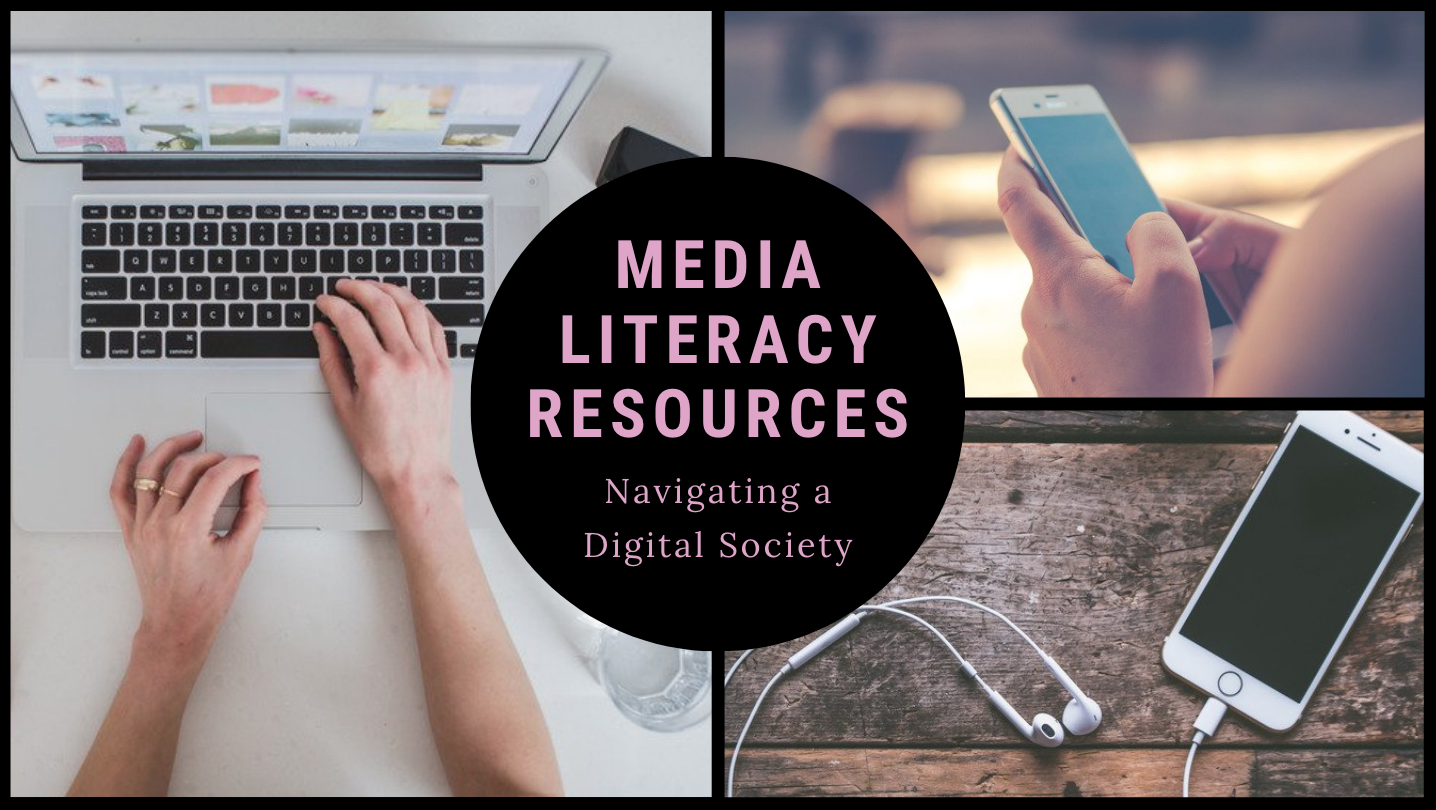Media Literacy Resources: Navigating a Digital Society
To thrive and not just simply survive in a digital society, media literacy is a must. People of all ages need to be able to digest and analyze vast amounts of information from various sources. It is critical educators help students effectively create, access, analyze, and evaluate messages in a variety of forms. This resource list can help teachers help their students navigate this process.

The National Association for Media Literacy Education (NAMLE)–which boasts free membership–has resources, publications and conferences for educators, students and even parents.
NewseumED has a wealth of free resources and lesson plans about news literacy and media literacy, including historical artifacts and themed groupings of lessons.
The Center for Media and Information Literacy (CMIL), housed at Temple University, is “a hub for research, outreach, education, and professional development,” and is affiliated with the United Nations Alliance of Civilizations.
Media Smarts, a Canadian media literacy organization, has lessons, games, tip sheets, and guides for parents and educators.
KQED Education has great resources for students and teachers, and also offers a credential program with PBS in Media Literacy Education.
Common Sense Education has released free Digital Citizenship lessons for grades K-12. These lessons were designed and developed with the Harvard Graduate School of Education. Each lesson gives students skills they need in today’s society.
PBS Learning Media has news and media literacy materials ranging from videos and blog posts to student handouts and lesson plans. They address topics such as fake news, navigating the web, and fact checking.
The News Literacy Project has many resources available to help educators teach their students how to become smart and active consumers of news and other information.
“If she can see it, she can be it,” is the motto of the Geena Davis Institute on Gender in Media. Created in partnership with USA TODAY Education, this is a series of Media Literacy lessons focused on gender, self-image, and equality.
The National Council of Teachers of English compiled a list of Media Literacy Lessons for educators.
Don’t forget that you can also check out the News & Media Literacy Corner of SchoolJournalism.



Barrett Golding • Sep 8, 2019 at 12:39 pm
Also check out Media Wise (form the Poynter Institute):
https://www.poynter.org/mediawise/
Frank Baker • Sep 7, 2019 at 6:12 pm
#1 Media Literacy site for US educators:
The Media Literacy Clearinghouse
http://www.frankwbaker.com